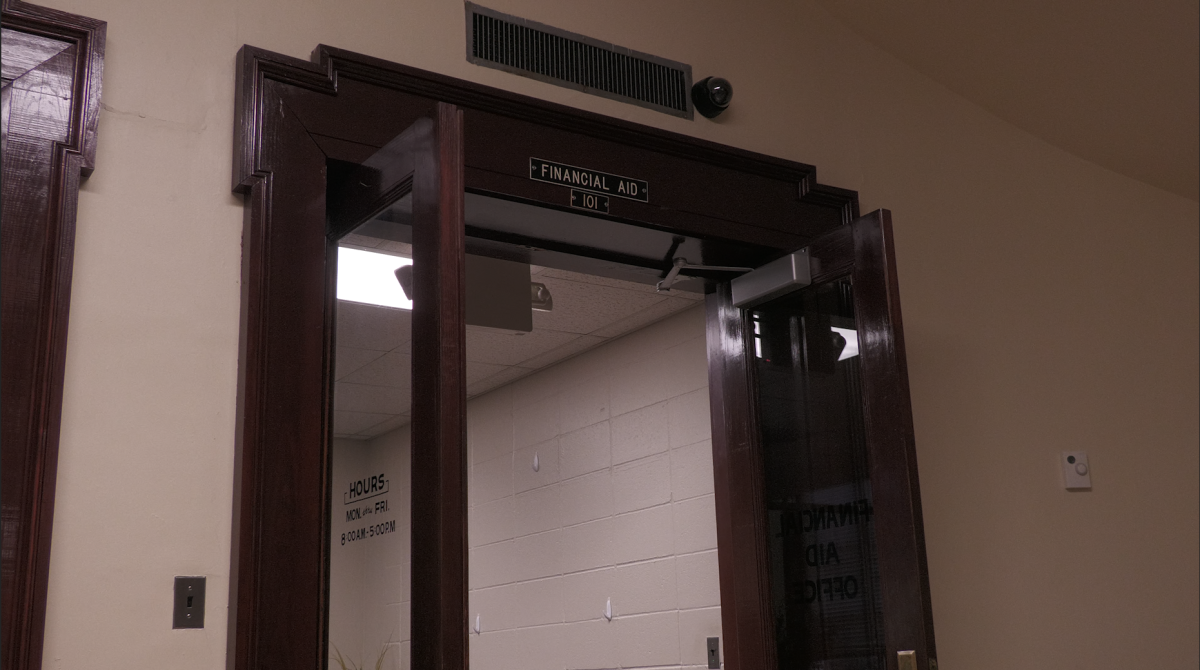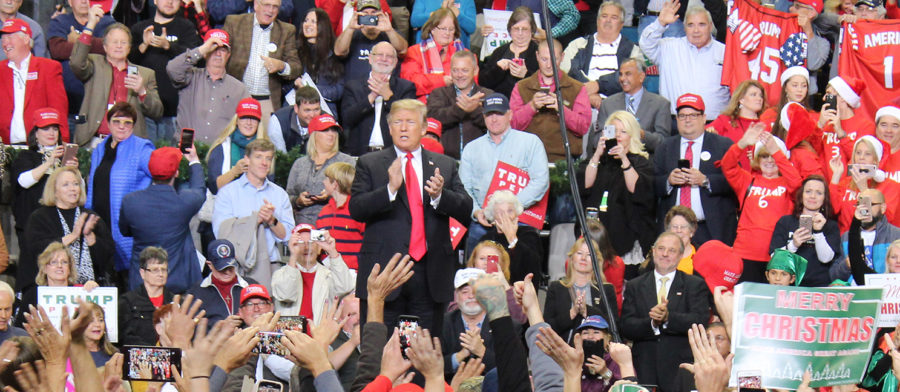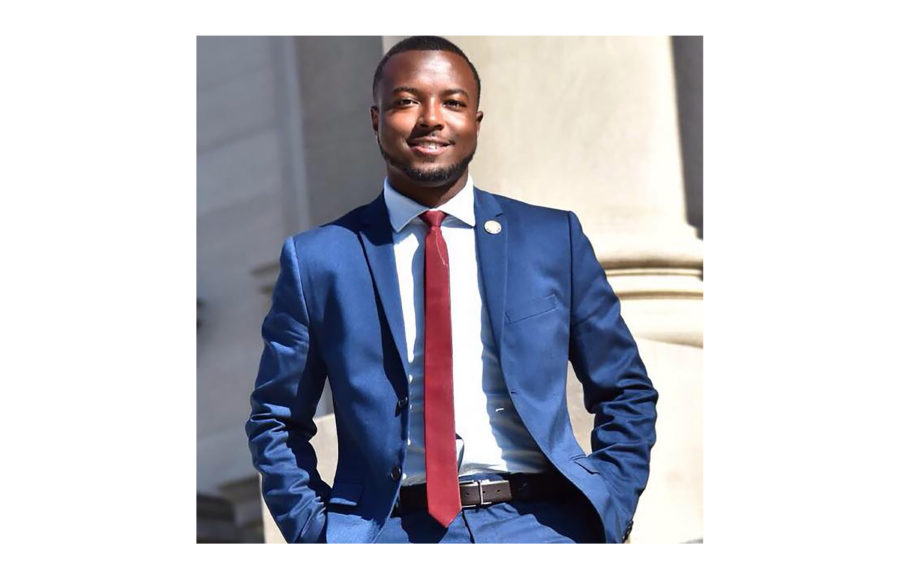Last week, this column reported on Speaker of the House Paul Ryan’s announcement that under no circumstances would he accept the Republican nomination for POTUS this year.
This week discusses Ryan’s philosophy and his role more in-depth.
Last September, when John Boehner was still house speaker, Gallup released a poll claiming that 58 percent of Americans did not know who the speaker was.
Considering the importance of the position, that is an astounding number.
So I wanted to establish a three-part series on Ryan and his mass appeal to people of all parties.
The house speaker is established in Article 1, Section 2 of the United States Constitution.
The speaker is elected by their fellow representatives. Interestingly enough, the U.S. Constitution does not require that the speaker be a U.S. citizen, although every speaker since the founding fathers has been.
The speaker is a partisan officer whose primary role is to enact the legislative agenda of the majority party and select the Committee chairs in the House of Representatives.
Secondary roles include presiding over joint sessions of Congress and certifying the results of presidential elections.
Paul Ryan is the 54th Speaker of the House in United States history and the youngest Speaker since 1875. Hailing from Wisconsin, Ryan first rose to prominence in American politics in 2011 when he was selected as the Chairman of the House Budget Committee, and then skyrocketed to national attention when Republican presidential candidate Mitt Romney selected him as his running mate in 2012.
While Ryan failed to attain the Naval Observatory, the recognition he garnered from the run was a large part of the reason he was the clear choice of House Republicans to succeed Boehner as Speaker of the House last year.
Next week, we will explore Ryan’s philosophy of government, which some pundits have hailed as the future of the conservative movement in America, more in-depth. Some quick tidbits about this week in the presidential race below.
It was, of course, New York week for the primary season, which meant that Americans nationwide got to be treated to the loud, brash and “authentic” (read: rude, rude, and “hey, I’m not rude – I’m just telling it like it is!”) stylings of a New York-style political campaign.
To the surprise of nobody except the most die-hard Bernsters and John Kasich, Trump and Clinton easily dominated the primary.
But of course: this was the home state for each of them.
For Trump particularly, it was the match made in heaven: the tabloid candidate for the tabloid state.
Of course, everybody wants to know what this latest primary means, so here are three big takeways.
First, Bernie Sanders is done. The senator unexpectedly ditched his traveling press corps and flew to Vermont to rest, a Ben Carson-esque move that speaks volumes about his outlook on the continuation of his campaign.
With one win in one state, Hillary Clinton functionally reversed Bernie’s last eight wins and made it mathematically impossible for him to win the nomination, though the odds were already slim.
Second, Trump neither gained nor lost much of anything.
He won the primary, but that was already expected.
Consequently, his only competition for the nomination, Ted Cruz, barely campaigned in New York, focusing instead on upcoming primaries later on this month.
This loss should finish out whatever was left of John Kasich’s flailing campaign.
Third and finally: especially for the GOP, this primary reveals the true voter disenfranchisement behind the nominating process, which is the ridiculous amount of sway voters in liberal states have on the GOP nominee and voters in conservative states have on the Democratic nominee.
An anecdote to illustrate this: 1,100 people voted in the Bronx, which will send three delegates to the Republican Convention; 68,000 people voted in Williamson County, TX, and will also send only three delegates to the convention.
Thus, a vote in the Bronx is worth more than 60 votes in Texas.
That is absolutely ridiculous and completely undercuts the rationale of one person, one vote.
This dichotomy of voters whose views do not align with the vast majority of the party base having their votes disproportionately weighed is one of the reasons that the GOP establishment is dealing with so much discontent with the GOP base today. Their values simply do not line up as much as they probably should for a successful party operation.







































